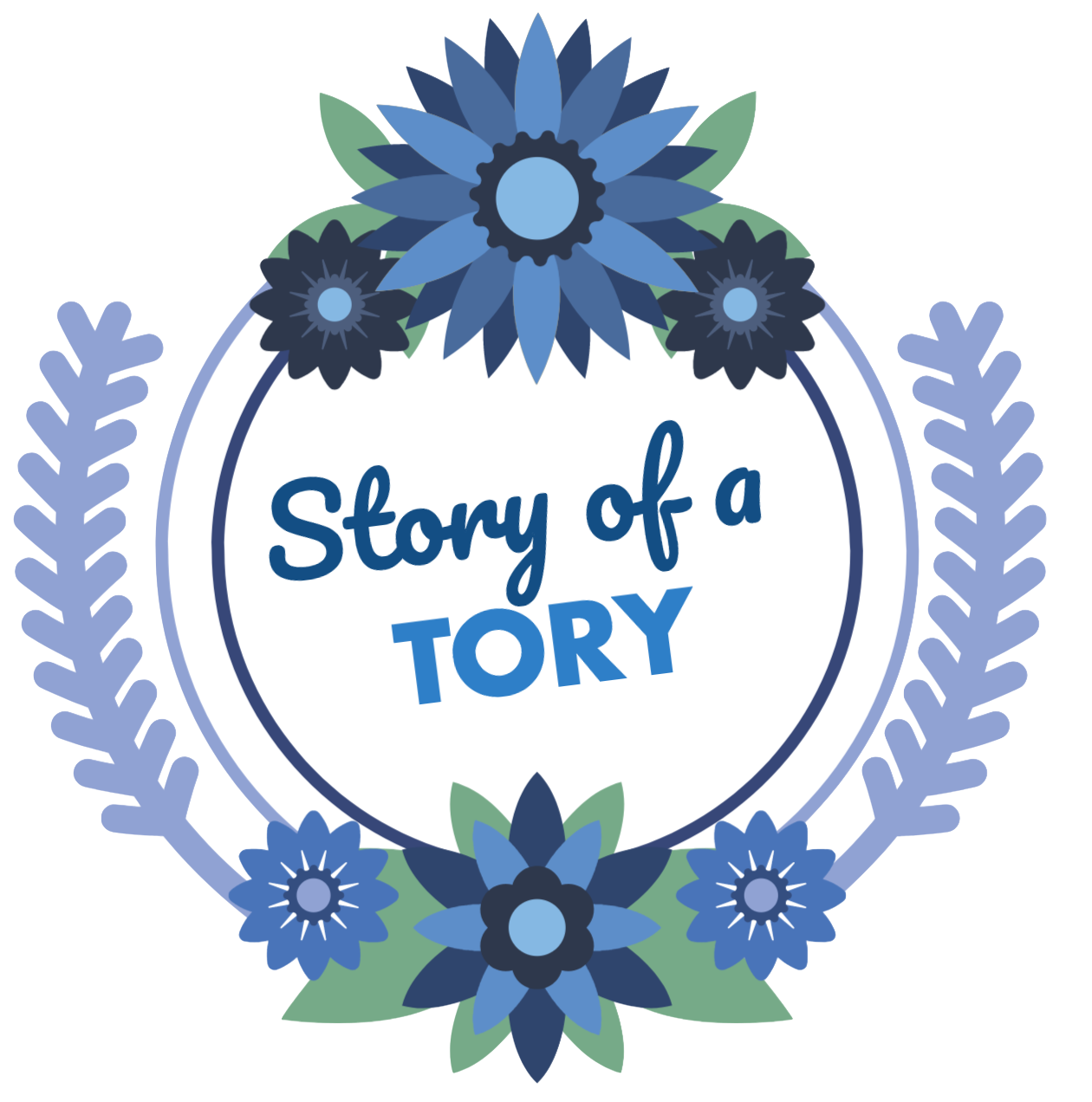
People – Sir John A. Macdonald. (1815-1891) National Archives of Canada/CP
Hi everyone, resident hisTORYan here with a take on another historical issue that’s been in the news lately. As I’m sure many of you know, an elementary teachers’ union here in Ontario has launched a petition to rename schools that have Sir John A. Macdonald as their namesake, citing his role as an architect of the oppression and persecution of Indigenous peoples in Canada. To begin, this did not come with as much shock to me, or, I think it’s safe to say, to the Canadian historical community, as it did to the general Canadian public. The history of Confederation and our early chapters as a young nation are riddled with evidence of Macdonald’s shortcomings, and it is absolutely impossible to shirk his responsibility in these injustices onto any other person or group. This makes him a prickly character to account for when discussing the foundations of our political history in the general sense, because his numerous and equally indisputable successes in establishing a viable future for Canada have afforded him an iconic status for 150 years.
When I first started seeing this issue being discussed and debated in the media, I was a bit frustrated at seeing it become so politicized. To me, seeing big historical questions become entwined in partisan banter can take people away from the core arguments and undermine the work being done by scholars trying to work towards the answers. I’m inclined to care less about how quickly some politician responded to this story and more about the work of historians in accounting for Macdonald and others like him in all their complexities, while setting the framework for public acknowledgement that reflects them. But, of course, when discussing issues involving people in power making decisions that affect society, everything is political, and not even the historian is free from the reach of partisanship (how relatable).
Now for my take on the big issue itself. The renaming and removal of physical tributes to historical figures is something that was oft discussed in almost all of my undergrad courses at uOttawa, and it seemed to be among the topics that were regularly debated among professors and students but rarely met with any conclusive solutions. Thus, academically, this comes as just one of many symptoms of a complicated question that has been plaguing us, especially us public historians, of late. As the Macdonald issue came to light, I read some sound arguments from both the groups calling for the renaming and from those advocating (for various reasons) for the endurance of the Macdonald namesake. However, I do take issue with those commentators who bemoan the renaming of problematic sites as “a slippery slope” to the erasure of history. In the case of Sir John A. Macdonald, nothing could ever be done in 2017 that would change the fact that he was our very first Prime Minister; that he laid the groundwork for the confederation of our vast land; that his vision is the one we realize each day as Canadians. Most of us have never even heard of, say, a Sir John A. Macdonald Public School in the Peel or Durham District School Boards, and it wouldn’t make any difference to our knowledge of his legacy if it and all the others had been named for anything else. Schools, statues, parks, and community centers aren’t necessarily history, and they aren’t as closely linked with national pride and factual knowledge as many seem to think they are. When so many others join in this discussion, it is both exciting and concerning for historians. On the one hand, a variety of unique perspectives and arguments enter the fray and enrich our understanding; but on the other, we find ourselves scrambling to ensure that the practices remain in line with the objective, accurate, exhaustive nature of our work. We must all be aware of the dangers of historicizing morality, but also of the risk for oppressive historical sensibilities to manifest in modern contexts.
In terms of solutions to this and similar instances, I believe that we need to be methodical in our evaluations and receptive to the implications that situations like this bring to those at risk of being further marginalized. As regards the former, I see a promising and comprehensive procedure in Yale University’s Witt Committee that was established to consider the renaming of Calhoun College due to its namesake’s associations with slavery. The 26-page report which resulted includes numerous in-depth questions that were drafted during the process and were conducive to an exhaustive profile of Calhoun’s life, legacy, and historical context (link). This work is an important step towards framing the renaming practice for numerous places and their numerous Macdonalds. What that system is missing, I believe, is input from stakeholders directly affected by the decisions, in our case Indigenous groups, who deserve to have a voice in answering the questions.
Overall, I am a firm believer that this issue has opened the door for meaningful conversations 150 years in the making and will encourage a broader interest in our past. Canadian historians are capable of meeting the challenges that come along with it, and I look forward to playing a part in ensuring that we all do better and know better.
Thanks for reading,
Delany

0 Comments